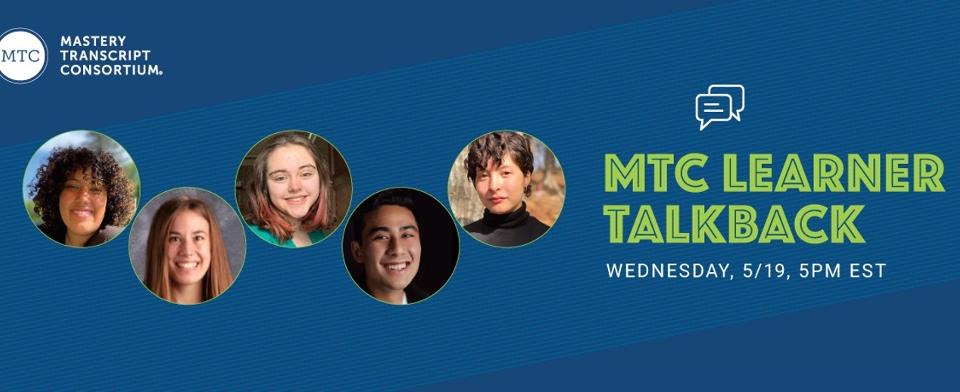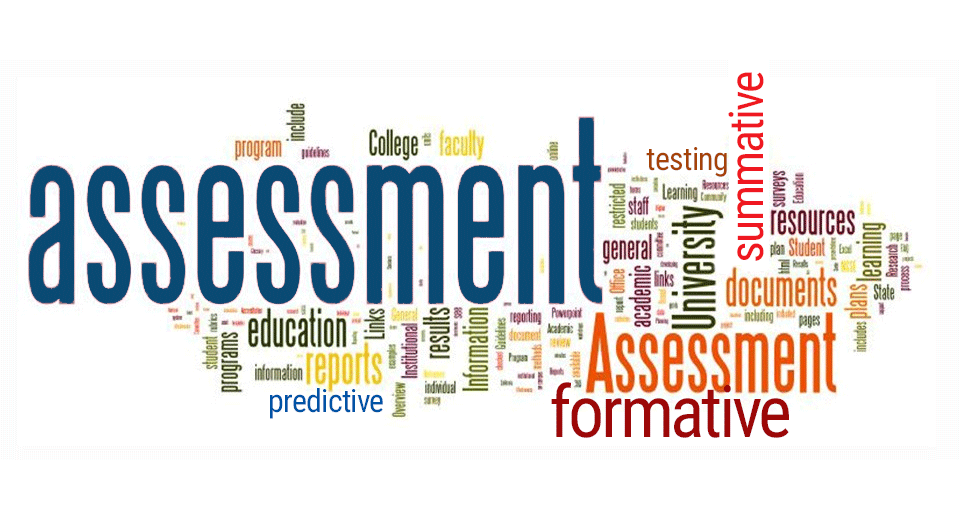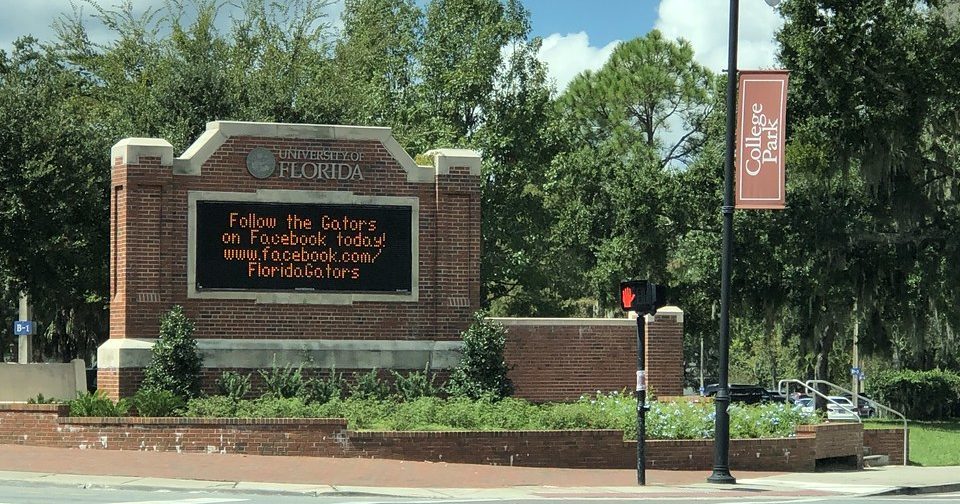Assessment
Already a member? Log in to the Member Site at members.mastery.org.
June 10, 2021
Here's a peek into the minds of member school learners from our 5/19 talkback who had used the Mastery Transcript to further their educational journeys via internship and college admissions.
June 9, 2021
If assessment should be treated as feedback rather than measurement, the shift from measurement to qualitative feedback must be accompanied by ways to provide feedback in a growth-oriented manner, and communicate the level to which a evidence demonstrates the desired learning goals have been articulated.
March 22, 2021
In this entry, Greg Curtis discusses practical ways of taking deep, summative assessment from theory to reality.
November 3, 2020
Conversation with Edgar Montes, Director of Higher-Education Engagement: “College admissions is too often a very complex and overly transactional process. We sometimes don’t talk about the transformational process that needs to happen during the application and admissions process...”
October 6, 2020
The Mastery Transcript is now real and tested—and there are exciting plans ahead for next-generation tools. Join us to learn more during our public webinar on October 9.
August 24, 2020
Greg Curtis participated in MTC's spring Online Member Symposium, delivering two sessions on assessment, designing qualitative learning goals, and reframing the learning environment. The following is the second in his related "MTC Insights: Assessment” series.
June 30, 2020
Across high schools and colleges, there is near universal agreement that the current college admissions process, though well-intentioned, has only become more inequitable and even harmful for today’s high school applicants.
June 28, 2020
Greg Curtis participated in MTC's spring Online Member Symposium, delivering two sessions on assessment, designing qualitative learning goals, and reframing the learning environment. The following is the second in his related "MTC Insights: Assessment” series.
May 12, 2020
MTC offers 10 insights, drawing upon lessons from our member schools and best practices from the field of mastery learning, to help parents endure the task of schooling at home as they can--and to see learning and their own learners/children in the best light.
May 12, 2020
“MTC, more than any other organization that we’ve come across, exists in the sweet spot of our two areas of policy focus,” said Sean Sloane, senior policy analyst at the Council of State Government (CSG).
May 7, 2020
In April Greg Curtis participated in MTC's Online Member Symposium, delivering two sessions on assessment and reimagining the learning environment. The following post addresses the role of assessment and curriculum change in moving toward mastery-based school transformation.
April 8, 2020
Policymakers and school/district leaders are looking for expert guidance on whether, and how, to grade students during this very unique time. Along with Challenge Success and Crescendo Education Group. MTC offers our recommendation, and invites members of the public to join a webinar with panelists on April 14, 11 a.m. PST/2 p.m. EDT for more details and an in-depth discussion.
February 11, 2020
Recently we sat down with Kedra Ishop, PhD, the vice provost for enrollment management at University of Michigan and a member of MTC’s Higher Ed Advisory Group, to discuss the evolution of education, assessment, and the student transcript in the 21st century. Ishop’s vision for the future is rooted in a deep commitment to progress, particularly for the benefit of young people.
December 1, 2019
In partnership with Chris Sturgis and her coauthor Katherine Casey, MTC is developing a series of publications for members and schools considering membership. The first volume is our theory of action paper, “Getting Our Signals Straight for Students.”
Read More
July 10, 2019
Recently we sat down with Zina Evans, vice president for enrollment management and associate provost at University of Florida and a member of MTC’s growing Higher Ed Working Group (HEWG), to discuss her thoughts on MTC and the movement to change education.
















